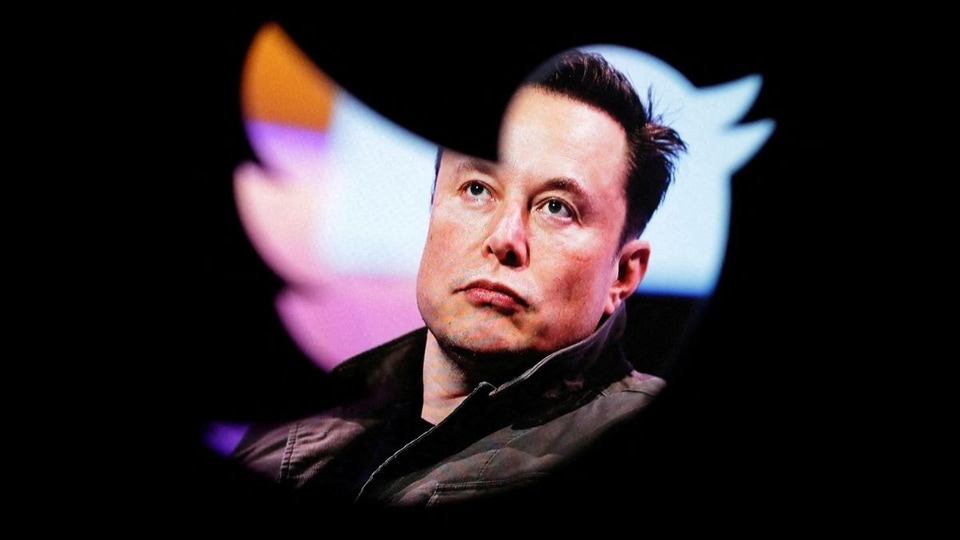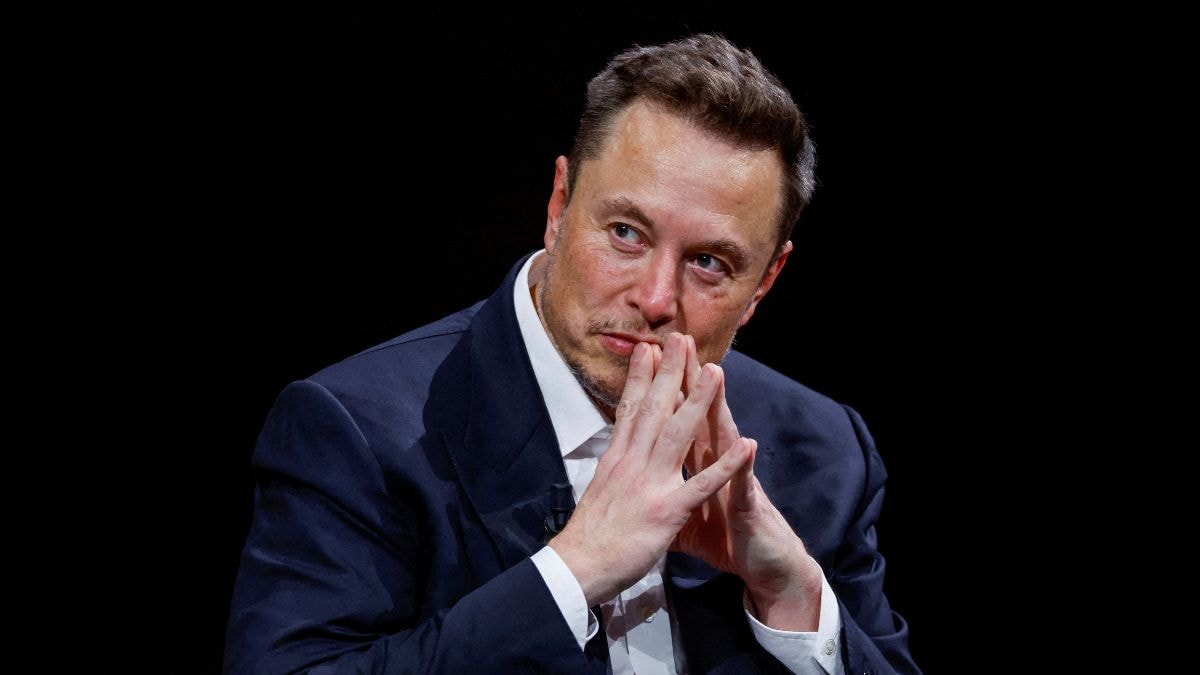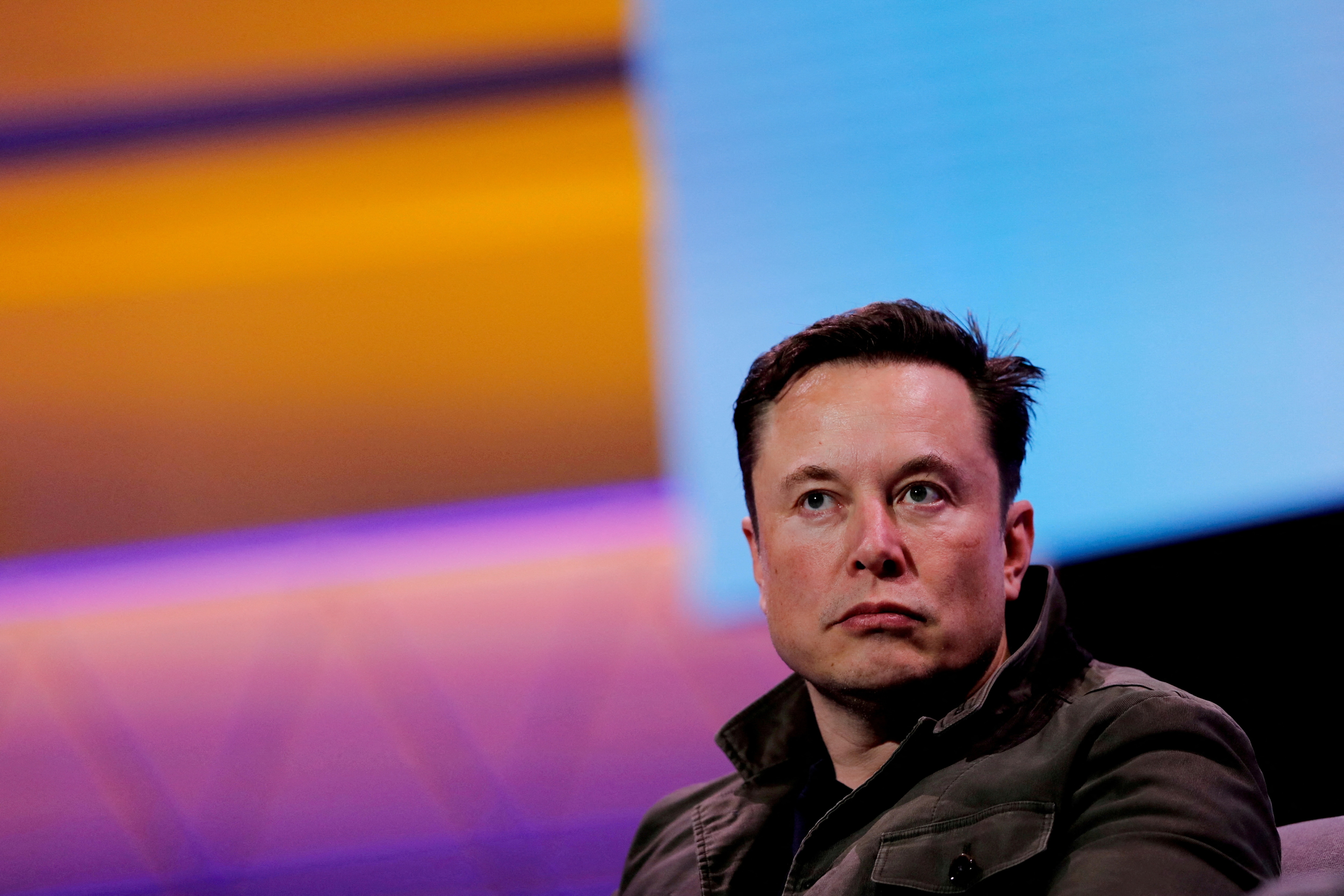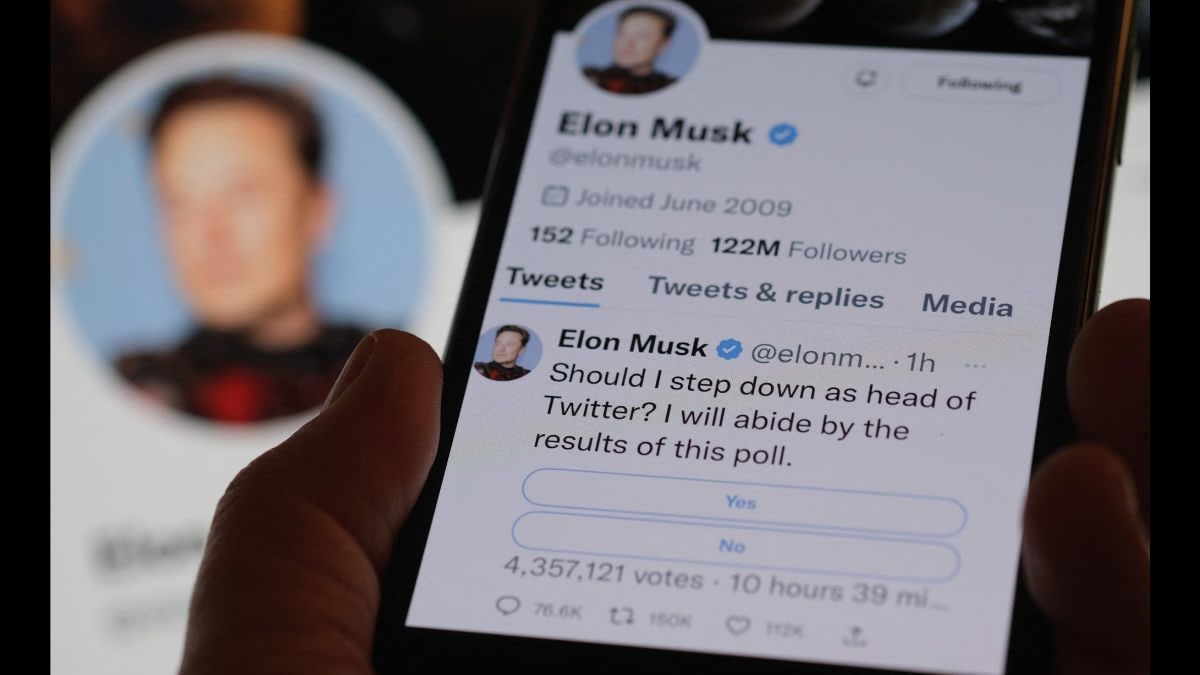Elon Musk's Starlink, Jeff Bezos' Kuiper to get rival as EU seeks satellite offers in AI race
Europe is seeking final offers for a 6 billion euro ($6.55 billion) EU satellite constellation which is designed to compete with Elon Musk's Starlink and Jeff Bezos' Kuiper.








 View all Images
View all ImagesEurope is seeking final offers for a 6 billion euro ($6.55 billion) EU satellite constellation which is designed to compete with Elon Musk's Starlink and Jeff Bezos' Kuiper.
But authorities have been warned that the IRIS² system, initiated by the European Commission, risks missing out on the latest wave of artificial intelligence and becoming outdated before it is even launched due to bureaucracy.
The European Space Agency said on Friday it would seek final offers to develop the secure communications system, a flagship project spurred in part by the role of Musk's Starlink as a backbone for Ukraine in the war with Russia.
For now, the sole known bidder for the main IRIS² contract is a consortium of Airbus, Thales Alenia Space , Eutelsat, Hispasat and SES.
The array of up to 170 satellites will secure communications for European Union governments and open new commercial broadband services to under-served areas between 2025 and 2027.
"As things stand, IRIS² runs the risk of being outdated before it even launches," former French air force chief Denis Mercier and ex-Airbus executive Marc Fontaine wrote in a sponsored opinion piece for Politico last week.
Both are involved with German defence AI start-up Helsing, which specialises in offering onboard AI software, with Mercier on its board and Fontaine running its French activity.
When IRIS² was launched, AI was a "somewhat futuristic technology," they wrote. "However, over the past two or three years, the world has learned that AI has matured and is ready for deployment practically everywhere."
The European Commission said it was already acting on this.
"The inclusion of artificial intelligence capabilities in the algorithms running the IRIS² system is a very promising avenue that is currently being considered," a spokesperson said.
Advanced computing is widely deployed on the ground by users such as intelligence agencies to sift and analyse vast amounts of raw data from space or elsewhere, technology analysts say.
But putting AI to work directly inside satellites - known as Edge computing - may allow them to reduce information overload for analysts or adapt themselves to so-called smart jamming.
"We must assume that competitive countries like China have designed this key capability into their constellations — Europe's IRIS² must not launch without it," the paper said.
DEFTECH
Helsing is among a small but growing number of "deftech" firms trying to disrupt the security market in the same way as new players have done in space, with business up for grabs.
The EU has pledged 30% of the EU-funded part of IRIS², which is worth 2.4 billion euros, will be farmed out to small firms.
But the comments have rekindled a debate about whether traditional procurements are nimble enough to embrace the new business models coming into space and now defence.
Under traditional programmes a winning bidder controls the flow of instructions to suppliers, often with long lead times.
Entrepreneurs say the fusion of defence with software and AI requires faster footwork so that flexibility can be built in.
Growing attention to computing in defence was highlighted on Friday when Airbus was reported to be in talks to buy Atos cybersecurity assets.
The Airbus-led consortium declined direct comment on the Helsing article but said IRIS² would "aim to leverage state-of-the-art technology and expertise of companies across Europe".
ESA said that once the main IRIS2 contract is awarded, work would gradually flow to smaller companies.
"This will take some time ... and take place throughout 2024," ESA Director of Navigation Francisco-Javier Benedicto Ruiz said. ($1 = 0.9163 euros)
Catch all the Latest Tech News, Mobile News, Laptop News, Gaming news, Wearables News , How To News, also keep up with us on Whatsapp channel,Twitter, Facebook, Google News, and Instagram. For our latest videos, subscribe to our YouTube channel.































